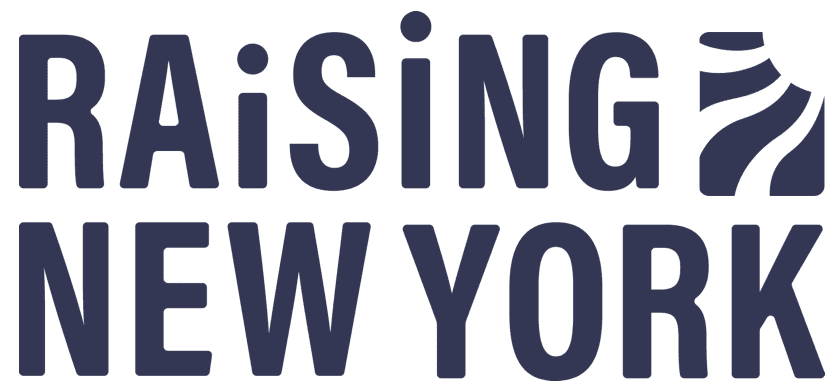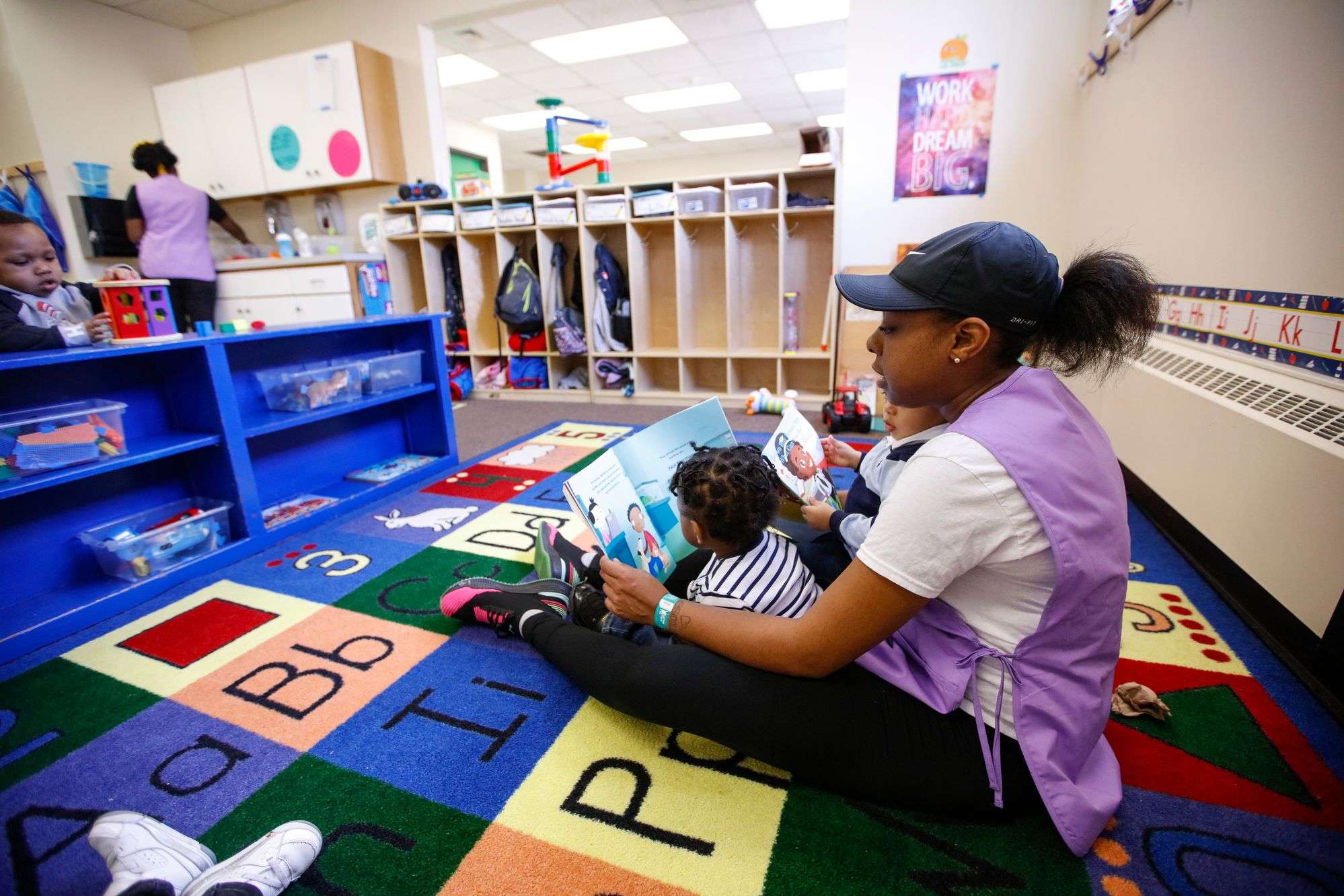Editor’s Note: In an ongoing series “Raising Leaders”, Raising NY will feature coalition members and how their collective work supports making New York State the best place in the country to raise a child.
The New York Immigration Coalition, an advocacy group that brings together more than 200 diverse member organizations to advance justice and opportunity for all, is a member of the economic security subcommittee of the Raising NY Coalition. As a coalition member, the NYIC advocates for economic justice to affordable child care, and access to state programs for immigrant families across New York State.
—
“Any time we’re talking about a majority of issues that affect people statewide, it goes two-fold for immigrant families,” says Liza Schwartzwald, senior manager of education policy at the New York Immigration Coalition.
In the early childhood care space, that means it can twice as hard for immigrant families to access child care options or state programs because of limited English proficiency, fear about citizenship status, and a lack of centralized resources for families — which can only lead to more questions for a family such as: What child care programs are around me? Do any staff in these programs speak my language? Will they understand the needs of my family? Where can I find a child care program that is in my area?
These questions have been left unanswered for many immigrant families even before the pandemic, and now these issues have only compounded in the past year. In New York State alone, 33% of essential workers are immigrants who do not have the opportunity to work from home — and many students have at least one parent who immigrated to New York, which can impact a child’s education due to siblings having to step in and look after one another, or parents or care givers having to choose between work and child care.
“Then there’s the flip side of this in the child care space,” Liza says. “Many child care providers themselves are immigrants — so the underfunding of the child care sector in New York State is not only an issue of availability for parents, but also of the economic stability of immigrant workers and business owners.”
And when it comes to federal funding to provide assistance to access child care options for families from low-income backgrounds, many programs will ask about a child’s immigration status in the application, a question some mixed status families will not feel comfortable filling out, leaving them at a standstill asking: Where do we go from here?
With the Raising New York coalition this coming year, Liza hopes to share the experiences of immigrant families to help find answers to this question for all citizenship statuses in New York State because, as she says, there are so many intersections between families in New York State who need access to high-quality affordable child care.
“A lot of partners in the coalition are doing a lot of child care-specific work, and others want to influence the economic security of young children, and more,” she says. “We’re all able to bring in all the pieces that we learn and bring our voices together.”

